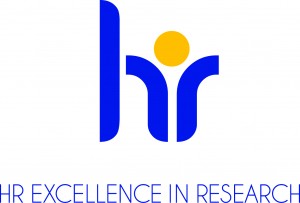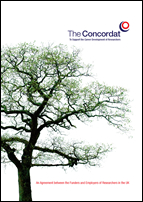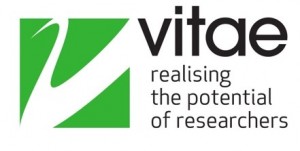Every two years Vitae runs the Careers in Research Online Survey and the Principal Investigators and Research Leaders Survey. Once again, BU will be participating in these important national surveys.
Th e Careers in Research Online Survey (CROS) gathers the anonymous views of research staff in UK higher education institutions about their experiences, career aspirations and career development opportunities. At BU, those categorised by HR data as research staff will receive an invitation to complete this survey.
e Careers in Research Online Survey (CROS) gathers the anonymous views of research staff in UK higher education institutions about their experiences, career aspirations and career development opportunities. At BU, those categorised by HR data as research staff will receive an invitation to complete this survey.
 The Principal Investigators and Research Leaders Survey (PIRLS) gathers anonymous views and experiences from principal investigators in relation to their role as managers and leaders of researchers and research groups. Based on data from RED (BU’s Research & Enterprise Database), and HR records, relevant BU academics will be invited to participate.
The Principal Investigators and Research Leaders Survey (PIRLS) gathers anonymous views and experiences from principal investigators in relation to their role as managers and leaders of researchers and research groups. Based on data from RED (BU’s Research & Enterprise Database), and HR records, relevant BU academics will be invited to participate.
Both surveys are beneficial to BU:
- Together they inform our policy and practice in researchers’ employment, management and career development
- Provide knowledge of the views and experiences of research leaders across topics, including leadership, management and recognition
- The surveys allow us to measure our progress over time and confidential comparisons with groups of institutions or national results
- Provides evidence to support our institutional submissions, such as for the European HR Excellence in Research Award (we have recently retained this award following the recent six year review), implementation of the Concordat and Athena SWAN
- They provide insight into the research environment element of the Research Excellence Framework
If eligible to participate, look out for your invitation, which it is anticipated will be sent out in the week commencing 22nd April 2019. The closing date for making your opinions known is 31st May 2019.
If you have any queries about either survey, please contact Emily Cieciura (Research Development & Support) via researchdev@bournemouth.ac.uk
















 UKCGE Recognised Research Supervision Programme: Deadline Approaching
UKCGE Recognised Research Supervision Programme: Deadline Approaching SPROUT: From Sustainable Research to Sustainable Research Lives
SPROUT: From Sustainable Research to Sustainable Research Lives BRIAN upgrade and new look
BRIAN upgrade and new look Seeing the fruits of your labour in Bangladesh
Seeing the fruits of your labour in Bangladesh Exploring Embodied Research: Body Map Storytelling Workshop & Research Seminar
Exploring Embodied Research: Body Map Storytelling Workshop & Research Seminar ECR Funding Open Call: Research Culture & Community Grant – Apply now
ECR Funding Open Call: Research Culture & Community Grant – Apply now ECR Funding Open Call: Research Culture & Community Grant – Application Deadline Friday 12 December
ECR Funding Open Call: Research Culture & Community Grant – Application Deadline Friday 12 December MSCA Postdoctoral Fellowships 2025 Call
MSCA Postdoctoral Fellowships 2025 Call ERC Advanced Grant 2025 Webinar
ERC Advanced Grant 2025 Webinar Update on UKRO services
Update on UKRO services European research project exploring use of ‘virtual twins’ to better manage metabolic associated fatty liver disease
European research project exploring use of ‘virtual twins’ to better manage metabolic associated fatty liver disease